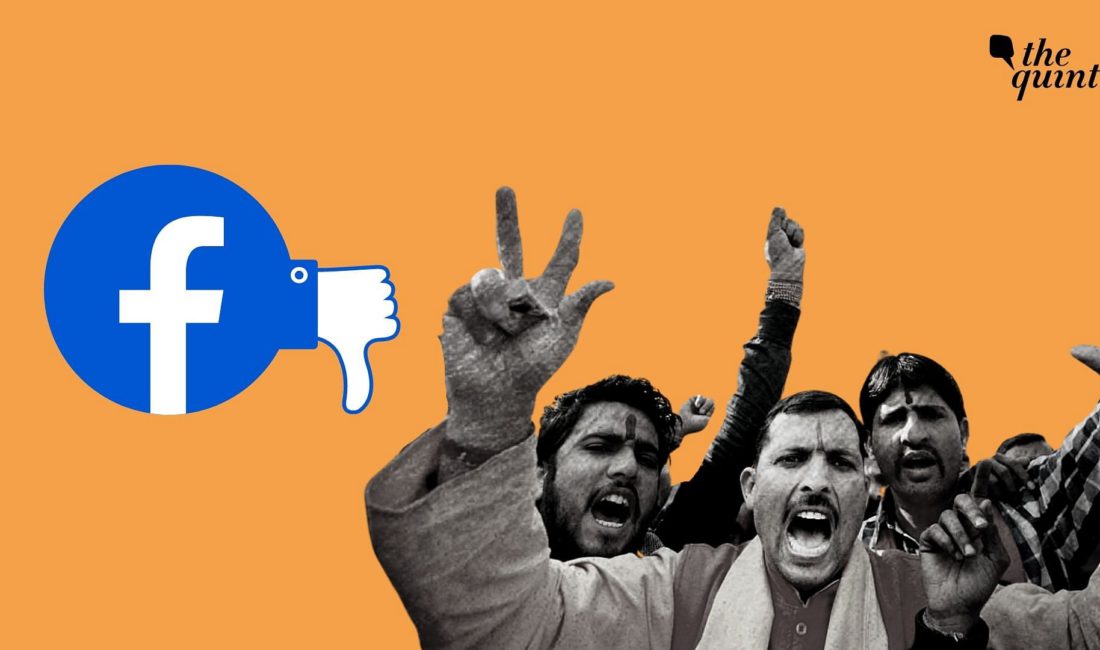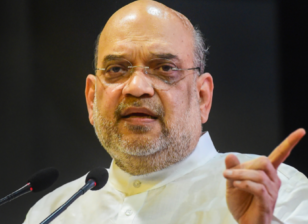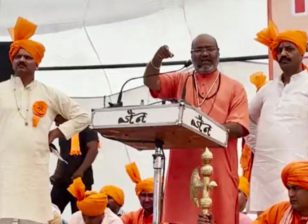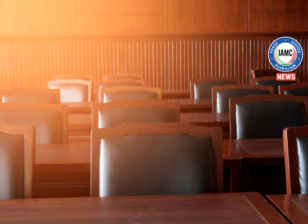FB & Delhi Riots: How Does the Platform Keep Evading Responsibility? – By Srinivas Kodali
With a recent whistleblower Frances Haugen sharing internal papers of Facebook disclosing how the platform has ignored controlling misinformation, hate speech and violence, it is an understatement to say the platform is facing a public crisis. The scale of the problem is global and not limited to the United States, where Facebook is based. Regulators in the US and the world are looking to intervene and limit the damage facebook is causing to society. Indian regulators, too, have been trying to make Facebook and other social media platforms accountable, but have been failing to make meaningful headways.
The Facebook papers Frances Haugen shared in detail show how Facebook actively failed to control the spread of misinformation in India, and also confirms how Facebook actively hid reports that conclude this with regulators and investors. Some reports based on these papers, by The Wall Street Journal, also detail how Facebook knew there was hateful content and misinformation being spread against Muslims in India and has chosen not to act against certain groups because of their close relations with the Bharatiya Janata Party (BJP). Our regulators are also not aggressively pushing back against Facebook and its role in spreading hate in India.
India was one of the first countries to show the world how to stop the march of Facebook on Net Neutrality, when it resisted Facebook’s controversial FreeBasics/Internet Org program. There was huge opposition from the people of India, and regulators like TRAI had to step up and act on it to keep Facebook in check. In Parliament, too, the Parliamentary Committee on IT held several consultations on the issue, but we don’t know what happened inside the committees as it never submitted a report or made the submissions by Facebook public.
In the case of Cambridge Analytica, our institutions failed to do anything concrete. The Election Commission of India (ECI) failed to look at it as a problem, while its counterparts in the United Kingdom and other countries released extensive reports on what the problem was and what could be the way forward. The then Minister for Information Technology, Ravi Shankar Prasad, issued a direct threat to Mark Zuckerberg but never acted on his promise to get him to India. The Parliamentary Committee on IT, too, failed to do anything meaningful about Cambridge Analytica.
In the case of Pegasus as well, when it became public in 2019 that the spyware was injected through a security loophole in WhatsApp (Facebook-owned), and that it targeted several activists in India, our regulators did nothing. The Indian Computer Emergency Response Team (CERT-In) sent a few letters to WhatsApp, demanding an explanation for the issue, but did nothing beyond that in terms of forensics, which is what they were required to do.
One can fairly say that Indian regulators chose not to act on Facebook because there was a decline in Indian democratic institutions and a lack of political opposition in India.
The rise of Facebook as a platform and the decline of Indian democracy are very inter-linked. The use of Facebook to spread targeted misinformation and hateful content has supported the rise of the majoritarian politics of the Bharatiya Janata Party (BJP). Other political parties also understand the importance of Facebook and are trying and failing to spread further misinformation that suits their own politics.
The problem with holding facebook accountable is not that of technical or legal capacity of the Indian state but of political will. It is widely known that Facebook chooses to allow hateful content to be spread on its platform because of its political obligations in economies like India. Facebook, like any other private company, is choosing profit over people, and that is what is driving this misinformation and hateful content over its platforms. Facebook actively avoids being held accountable using all loopholes in law.
The Delhi Assembly has been trying to hold Facebook accountable and answer for its role in the northeast Delhi riots. But Facebook actively avoided responding to the summons by the Assembly and challenged the summons in the Supreme Court, delaying the hearings.
This week, finally, the head of public policy in India for Facebook/Meta, Shivnath Thukral, appeared before the Peace and Harmony Committee of the Delhi Assembly. But he chose not to answer several of the questions raised.
The Delhi Assembly live-streamed the entire proceedings, unlike the Parliamentary Committee on IT, helping the public understand how Facebook avoids responsibility. One can say that Shivnath Thukral was following what Mark Zuckerberg did in several of his appearances before US congress proceedings.
While India did bring in the new IT Rules of 2021 to regulate intermediaries and force them to take preventive action on harmful content with the use of Artificial Intelligence and machine learning, the rules can not magically fix the underlying problem.
The IT rules lack the backing of legislation and do not address structural problems of misinformation and hateful messages. Parliament itself has not looked into the issues around Facebook and hate speech in depth.
Without active discussion and functioning of Parliament, it would not be possible to achieve any headway on this issue.
Several committees of Parliament are trying to suggest changes in law and stress the need to bring new laws. The Joint Parliamentary Committee on data protection has suggested that social media companies like Facebook need to be treated like publishers who hold responsibility for the content being published on their platforms. The Parliamentary Committee on Information Technology, too, is expected to table a report that recommends that fake news should be clearly defined and paid news should be made an electoral offence.
In the US, the Biden administration is determined to hold Big Tech accountable. The US Congress, too, wants to check the power and monopoly of the Big Tech to address some of the key issues being faced by the US economy and democracy. This level of political commitment is lacking in India, and without it, it would be hard to address these issues.
While the changes in the US will directly affect the rest of the world, directly holding Facebook accountable in India will need a change in politics and a push on institutions.
The recent changes in media and politics, with the rise of protests and growing distrust in Facebook over fake news, is probably the beginning.
This article first appeared in The Quint.




